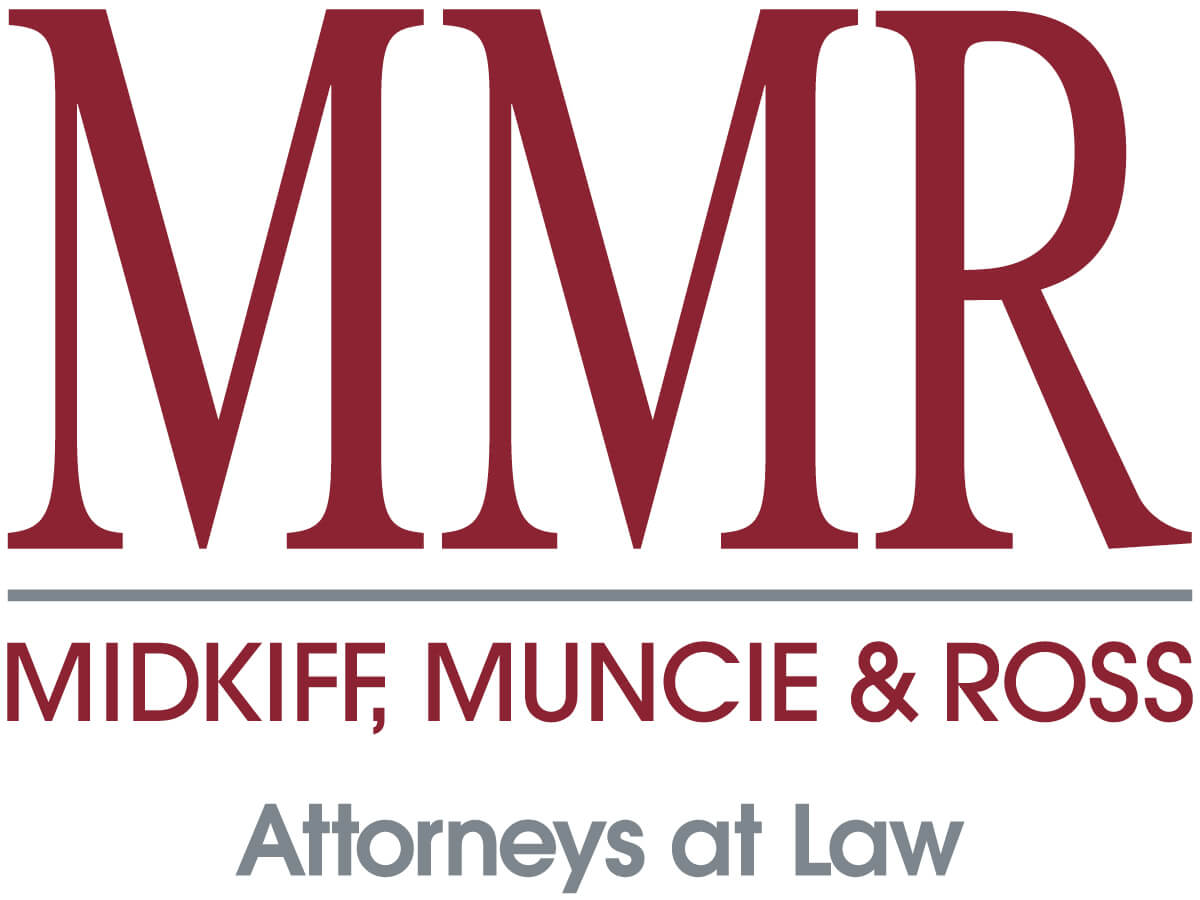Draft COVID-19 Legislation by the Virginia General Assembly Special Session
The Virginia General Assembly recently convened for a special session to draft legislation involving COVID-19. Workers’ compensation policies and coverage obviously will be impacted by the virus, and we wanted to keep you abreast of the new proposals in consideration at the General Assembly. So far, there have been five House Bills with language creating presumptions related to COVID-19. The first proposed is House Bill 5022, which states the following:
B. COVID-19 causing the death of, or any health condition or impairment resulting in total or partial disability of, any (i) salaried or volunteer firefighter, or salaried or volunteer emergency medical services personnel; (ii) member of the State Police Officers’ Retirement System; (iii) member of county, city, or town police departments; (iv) sheriff or deputy sheriff; (v) Department of Emergency Management hazardous materials officer; (vi) city sergeant or deputy city sergeant of the City of Richmond; (vii) Virginia Marine Police officer; (viii) conservation police officer who is a full-time sworn member of the enforcement division of the Department of Wildlife Resources; (ix) Capitol Police officer; (x) special agent of the Virginia Alcoholic Beverage Control Authority appointed under the provisions of Chapter 1 (§ 4.1-100 et seq.) of Title 4.1; (xi) for such period that the Metropolitan Washington Airports Authority voluntarily subjects itself to the provisions of this chapter as provided in § 65.2-305, officer of the police force established and maintained by the Metropolitan Washington Airports Authority; (xii) officer of the police force established and maintained by the Norfolk Airport Authority; (xiii) conservation officer of the Department of Conservation and Recreation commissioned pursuant to § 10.1-115; (xiv) sworn officer of the police force established and maintained by the Virginia Port Authority; or (xv) any campus police officer appointed under Article 3 (§ 23.1-809 et seq.) of Chapter 8 of Title 23.1 and employed by any public institution of higher education shall be presumed to be an occupational disease, suffered in the line of duty, that is covered by this title unless such presumption is overcome by a preponderance of competent evidence to the contrary.
This Bill would have been somewhat acceptable, as it relates only to first responders and other law enforcement officers. This is typical with respect to presumptions, as similar statutes already include many conditions considered presumptive for these individuals. However, on August 18, 2020, a new version was introduced that is much more broad (House Bill 5028):
B. COVID-19 causing the death of, or any health condition or impairment resulting in total or partial disability of, any (i) firefighter, as defined in § 65.2-102; (ii) law-enforcement officer, as defined in § 9.1-101; (iii) first responder, as described in § 65.2-104; (iv) health care provider, as defined in 8.01-581.1, or (v) school board employee shall be presumed to be an occupational disease, suffered in the line of duty, as applicable, that is covered by this title unless such presumptions are overcome by a preponderance of competent evidence to the contrary.
We assume that some form of this version will move through the General Assembly. The key difference here is that this bill includes “healthcare providers”, which is a much broader descriptor. Below is the text of Virginia Code Section 8.01-581.1, referred to in this statute:
“Health care provider” means (i) a person, corporation, facility or institution licensed by this Commonwealth to provide health care or professional services as a physician or hospital, dentist, pharmacist, registered nurse or licensed practical nurse or a person who holds a multistate privilege to practice such nursing under the Nurse Licensure Compact, nurse practitioner, optometrist, podiatrist, physician assistant, chiropractor, physical therapist, physical therapy assistant, clinical psychologist, clinical social worker, professional counselor, licensed marriage and family therapist, licensed dental hygienist, health maintenance organization, or emergency medical care attendant or technician who provides services on a fee basis; (ii) a professional corporation, all of whose shareholders or members are so licensed; (iii) a partnership, all of whose partners are so licensed; (iv) a nursing home as defined in § 54.1-3100 except those nursing institutions conducted by and for those who rely upon treatment by spiritual means alone through prayer in accordance with a recognized church or religious denomination; (v) a professional limited liability company comprised of members as described in subdivision A 2 of § 13.1-1102; (vi) a corporation, partnership, limited liability company or any other entity, except a state-operated facility, which employs or engages a licensed health care provider and which primarily renders health care services; or (vii) a director, officer, employee, independent contractor, or agent of the persons or entities referenced herein, acting within the course and scope of his employment or engagement as related to health care or professional services.
This Bill essentially includes any and all healthcare providers in the state, even going so far as to include clinical social workers, professional counselors and licensed marriage and family therapists. Moreover, the wording of House Bill 5028 does not use common Virginia workers’ compensation phrases, but rather states “suffered in the line of duty”; and states that these presumptions must be overcome “by a preponderance of competent evidence to the contrary”. “In the line of duty” has no legal meaning in Virginia, and most likely will be changed to “in the course of the employment”. Similarly, there is no accepted definition of “competent evidence”.
As of August 19th, three more bills have been introduced, all variants of the two listed above. All of the proposals focus on first responders and law enforcement officers, which would directly and adversely impact the budgetary constraints of state and local government. We will continue to keep you updated on the pending bills, including any final version passed by the General Assembly.
